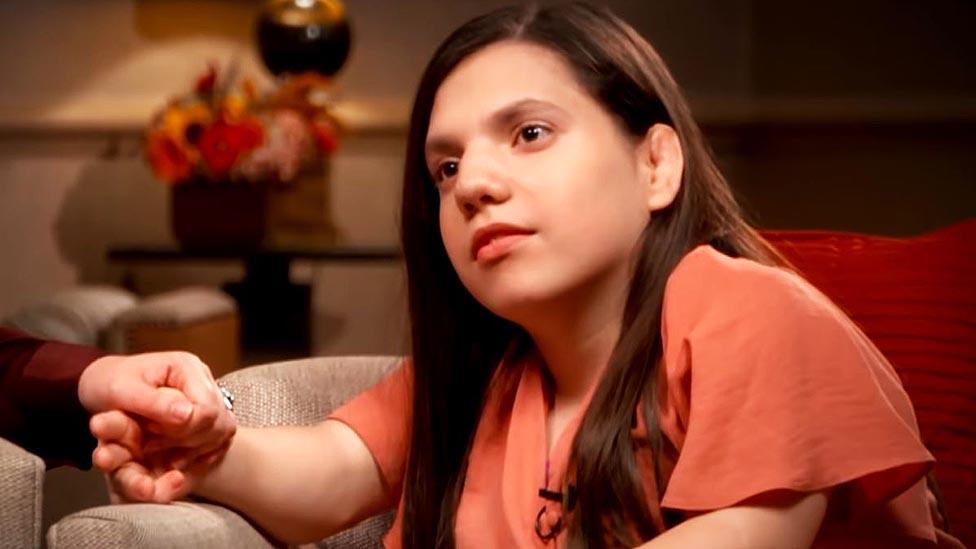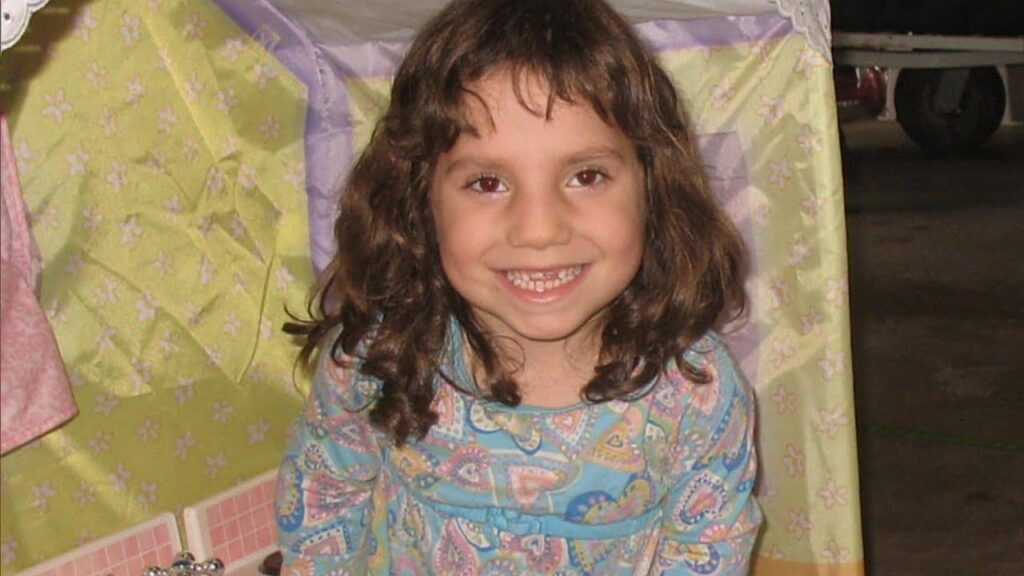In the shadows of an extraordinary adoption saga that blurred the lines between truth and deception, the tale of Natalia Grace and her adoptive parents, Michael and Kristine Barnett, reads like a Hollywood thriller. What began as a seemingly compassionate act of international adoption spiraled into a bizarre narrative of suspicion, abandonment, and criminal allegations that would captivate and shock the nation. This is the story of a Ukrainian orphan, an American couple, and a controversy that challenged everything we thought we knew about identity, age, and the complex dynamics of family. The bizarre saga of Natalia Grace, an international adoption case that shocked the world, continues to captivate public attention years after its initial controversy. Michael and Kristine Barnett became notorious for their extraordinary claim that their adopted Ukrainian daughter was actually an adult posing as a child with dwarfism.
In 2010, the Indiana couple adopted Natalia, believing her to be a six-year-old child. However, they later alleged that she was actually an adult with psychological issues who deliberately deceived them. The Barnetts claimed they discovered her true age after experiencing troubling behavior and inconsistencies in her background.
Legal proceedings took a dramatic turn when the Barnetts were themselves charged with child neglect for allegedly abandoning Natalia in an apartment in 2013. They maintained they had documentation proving her true age and argued they were protecting their biological children.
The case gained national media attention, with multiple documentaries and news features exploring the complex dynamics of their allegations. Experts in international adoption and child psychology weighed in on the extraordinary circumstances surrounding Natalia’s situation.
After a lengthy legal battle, Michael and Kristine Barnett faced criminal charges. Their trial became a sensational event, revealing intricate details about their adoption and subsequent actions. The couple’s narrative shifted between being portrayed as concerned parents and potential perpetrators of child abandonment.
Currently, the legal status of both parties remains complicated. The Barnetts have attempted to rebuild their lives following the intense media scrutiny and legal challenges. Natalia Grace has also spoken publicly about her experiences, challenging the Barnetts’ claims about her age and identity.
The adoption case highlighted significant gaps in international adoption processes and raised critical questions about age verification, psychological assessments, and the complexities of cross-cultural adoptions. It exposed potential systemic vulnerabilities in screening and supporting international adoptive families.
Psychological experts continue to analyze the case, examining the potential motivations and psychological factors that could drive such an extraordinary series of events. The story of Natalia Grace and the Barnetts remains a complex narrative that defies simple categorization.
As the legal and personal implications continue to unfold, the case serves as a compelling reminder of the intricate challenges surrounding international adoption and the potential for misunderstandings across cultural and personal boundaries.

